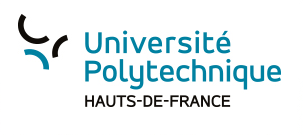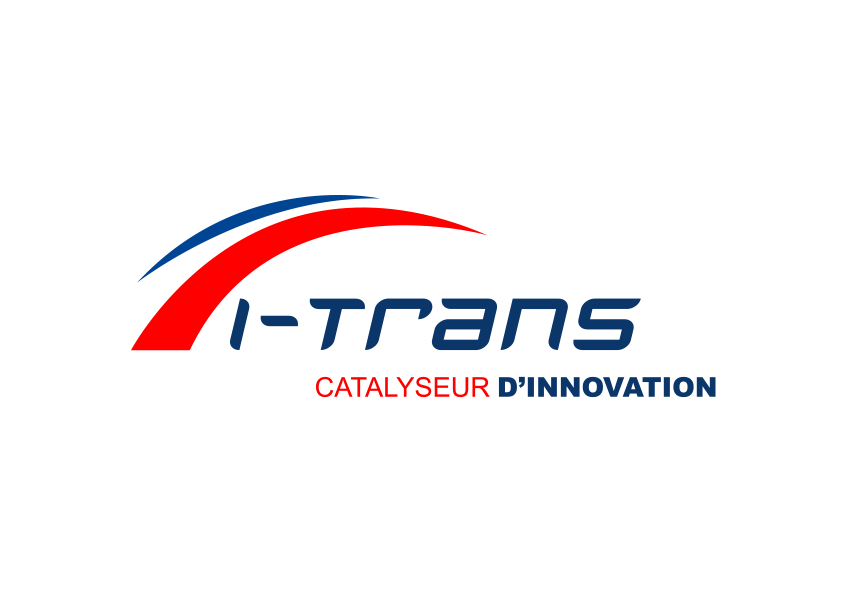-
Transport and Mobility
Research and Innovation Platform for the Cooperative Automated Vehicle (PRIVAC)
Platform
The PRIVAC (Research and Innovation Platform for the Cooperating Automated Vehicle) platform is a vehicle with an "open" architecture (DS7), dedicated to prototyping and testing technological solutions for the autonomous vehicle on track and on open road.
It is fully robotic and equipped with a set of sensors dedicated to road perception and obstacle detection. It allows a complete prototyping of the driver HMI (display on the dashboard and on the central touch screen, steering effort feedback, haptic return accelerator pedal, ...). It is also equipped with a series of sensors dedicated to the "monitoring" of the driver, including an eye tracking system.
Key features:
- Fully robotic vehicle: GMP, braking & steering
- Sensors for geolocation and obstacle detection: GPS-RTK, IMU, LIDAR, camera
- Fully customizable HMI: dashboard, central touch console, sound feedback, haptic accelerator pedal
- Driver monitoring: serial sensor, SmartEye (“Eye tracking”)
- Embedded ECUs: MicroAutoBox3 with PC embeded plus 3 additional industrial PCs (supervision, HMI and "Driver Monitoring")
- Software environment: RTMaps and Matlab/Simulink
-
Jean-Christophe POPIEUL
Scientific manager -
Philippe SIMON
Technical manager
Le Mont Houy
59313
Valenciennes Cedex
https://www.uphf.fr/lamih/plateformes/plateformes/ds7
Chiffres clés
Two research projects in 2022:- A national project with 4 industrial partners and 1 academic partner (ANR CoVéIA project);
- An international project with 1 academic partner (ANR HM Science project);
Effectif
Effectif total : 4
Skills
Know-how related to automated driving:
- Trajectory planning, control/control (longitudinal and lateral)
- Multi-level cooperation with the driver
- Haptic shared control
- “Interactive” planning
- HMI
Learning for automated system adaptation:
- Learning techniques
- Evolution of automation according to learning (preferences and adaptation)
Validation of developed systems:
- Stability/accuracy (mathematical evidence)
- Functional validation (numerical simulation, interactive simulation, real vehicle testing)
- Experimental validation with novice subjects (interactive simulator campaigns, real vehicle campaigns)
Example(s) of projects
Collaborations/Partners/Scientific clients
International: NTU University Singapore
Collaborations/Partners/Private Clients
Consulting services
Equipments
| Nom | Modèle | Marque |
|---|---|---|
| DS7 Prototype | DS7 Crossback/ | Stellantis |
| Inertial Control Unit/ GPS RTK | Ellipse 2D/ | SBG |
| LIDAR | PANDAR XT-32/ | HESAI |
| Front stage camera | Blackfly/ | FLIR |
| Driver Monitoring System | SmartEyePro/ | SmartEye |
| On-board calculator | MicroAutoBox III avec embeded PC/ | dSPACE |
| On-board calculator | Optiplex 5080/ | DELL |
Affiliated institutions / organisations

Unit(s) of attachment
Groups/Networks/Federations
Competitive cluster

Regional strategic areas of activity
- Transport and Mobility
- Intelligent and autonomous vehicles
- Intelligent transportation systems